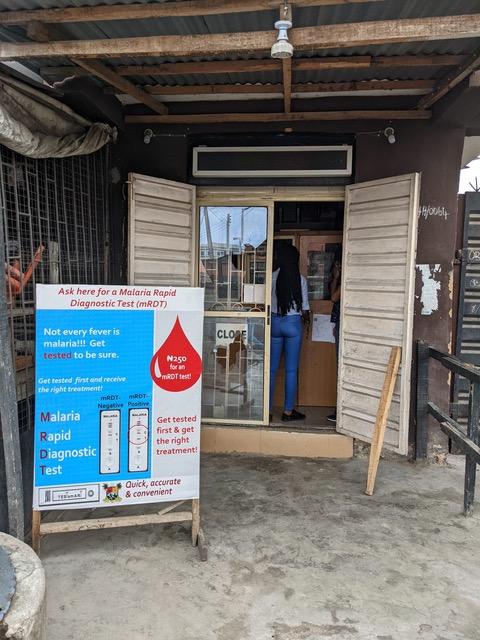The Problem With Malaria Drugs: Too Much of a Good Thing - Duke Global Health Institute

"In order to reduce the rate of resistance spreading, we have to be really good stewards of this drug," says Prudhomme O'Meara, who has led a malaria research program in western Kenya for more than a decade. "And the best way to do that is to make sure that everyone gets a parasitological test before they take the drug, and that people who have a test then follow the results of the test."
The conditional pricing experiment is underway in 40 shops in two counties in western Kenya, with a target of reaching 6,800 people, and another pilot has recently been launched in Nigeria. Prudhomme O'Meara hopes the pilots will yield evidence that convinces public health officials in both countries and beyond to allow more rapid testing at private clinics.
Jeremiah Laktabai, MBChB, MMed, a co-investigator on the project in Western Kenya, says early results of the pilot show improved access to testing and more targeted use of ACTs. But influencing human behavior is an imperfect science, especially when what's good for public health may not be good for the bottom line.
"At the end of the day, when testing is effective, you [may] sell less medication," he says. "You'd wish that medical ethics and the desire to better the health of the community becomes the overarching goal." But when a customer insists on being sold ACTs even after a negative test, many shop owners will still be all too happy to oblige, he says.
Still, if testing-based conditional pricing helps reduce overuse of ACTs by any measure, it could offer public health officials a highly scalable way to have some influence on the vast private drug market, closing the gap between those who want ACTs and those who actually need them.
"It is such a great example of implementation science," says Prudhomme O'Meara. "We have good tools in malaria drugs and diagnostics, but they are not being used effectively. We are combining real on the ground experience, building in new expertise from economics and behavioral science, and working with policymakers on a problem that affects about half the planet."

Comments
Post a Comment